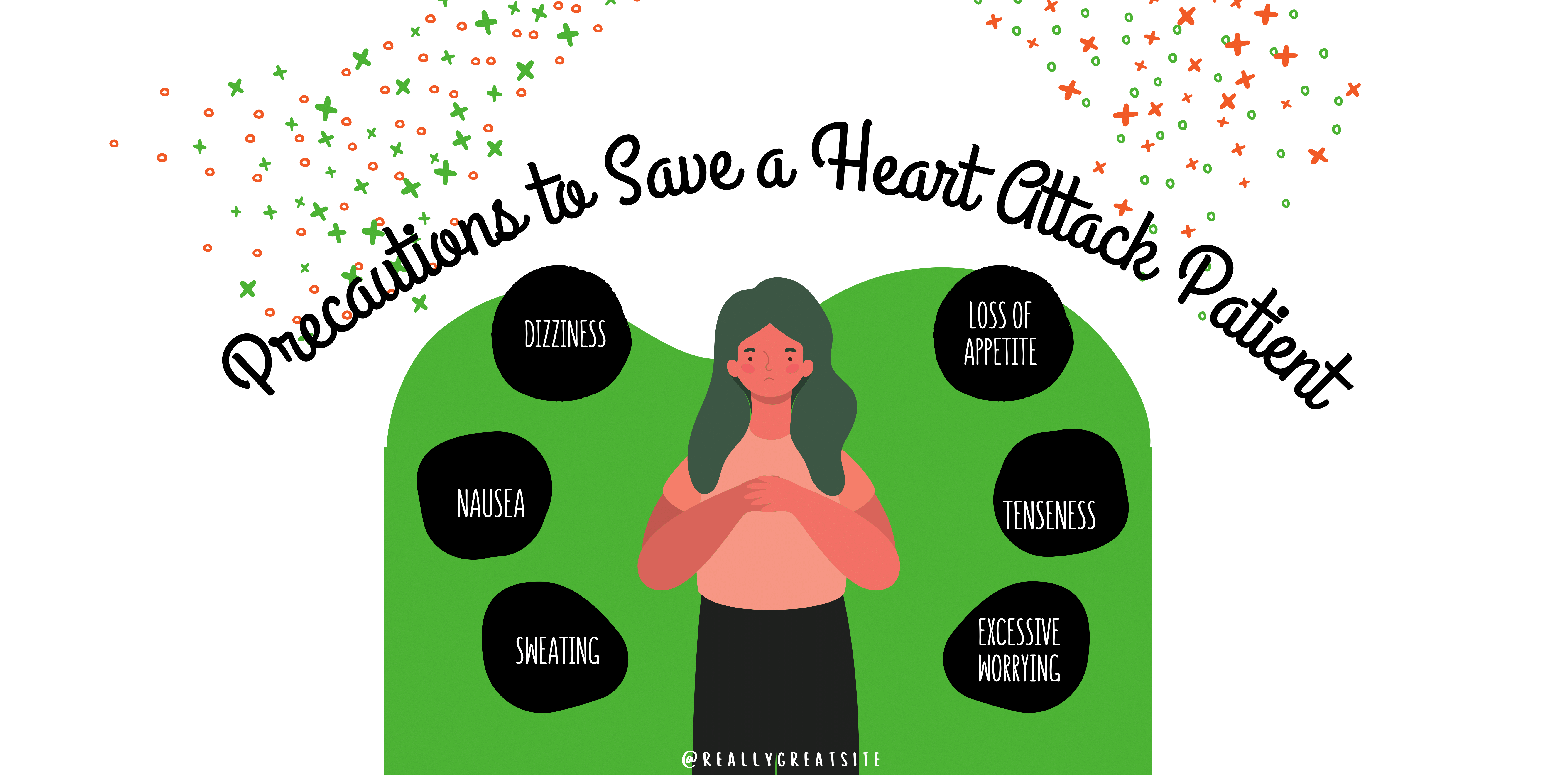Precautions to Save a Heart Attack Patient
Precautions to Safeguard a Heart Attack Patient's Health
The Critical Importance of Immediate Care for Heart Attack Patients
When someone experiences a heart attack, every passing moment becomes crucial. Providing appropriate care and taking necessary precautions in those initial moments can greatly impact the patient’s recovery and chances of survival. This article discusses the essential precautions to take when you’re around someone who is suffering from a heart attack.

Prioritize Quick Action: Call for Medical Help
The first step when encountering a person with suspected heart attack symptoms is to call emergency services immediately. Time is of the essence, and professional medical assistance is essential to assess the situation and provide appropriate care.
Keep the Patient Calm
Stress and anxiety can exacerbate a heart attack. Keep the patient as calm as possible to reduce their heart rate and minimize strain on the heart. Encourage slow, deep breaths to help maintain a steady breathing pattern.
Assist with Medications
If the patient carries prescribed heart medications like nitroglycerin, assist them in taking the medication as directed by their doctor. Widening blood arteries and enhancing cardiac blood flow are both possible with nitroglycerin.
Loosen Tight Clothing
Tight clothing can constrict blood flow and increase discomfort for a heart attack patient. Gently loosen any tight clothing, especially around the neck, chest, and waist, to alleviate any additional stress on the heart.
Monitor Vital Signs
While waiting for medical help to arrive, monitor the patient’s vital signs. Keep an eye on their breathing and pulse. If they become unconscious and unresponsive, be prepared to administer CPR if you’re trained to do so.
Positioning the Patient
Help the patient find a comfortable position that eases their breathing and minimizes strain on the heart. For most individuals, sitting upright or slightly reclined is often more comfortable than lying down.
Avoid Unnecessary Movement
Keep the patient as still as possible. Excessive movement can further strain the heart and worsen the situation. Encourage them to stay calm and avoid any sudden or strenuous activities.
Don’t Offer Food or Drink
Refrain from giving the patient any food or drink, as it could interfere with potential medical interventions or assessments. Let the medical professionals determine the appropriate course of action.
Prepare for Emergency Measures
In case the patient’s condition worsens and they become unconscious, knowing how to perform hands-only CPR is invaluable. If you’re not trained in CPR, follow the instructions given by the emergency dispatcher over the phone until medical help arrives.
Emotional Support
Aside from physical care, providing emotional support to the patient and their loved ones is essential. A calm and reassuring presence can help alleviate stress and anxiety during a critical time.
Post-Emergency Care
After the patient receives medical attention, support their recovery by following the doctor’s recommendations for medication, lifestyle changes, and rehabilitation. Encourage them to adopt a heart-healthy lifestyle to reduce the risk of future heart issues.
Aiding Recovery Through Careful Precautions
When it comes to heart attack patients, taking the right precautions can make a significant difference in their outcome. Being prepared to act swiftly and calmly during these critical moments can help save lives and contribute to the patient’s overall well-being. Remember, immediate care and precautionary measures truly matter in safeguarding a heart attack patient’s health.




